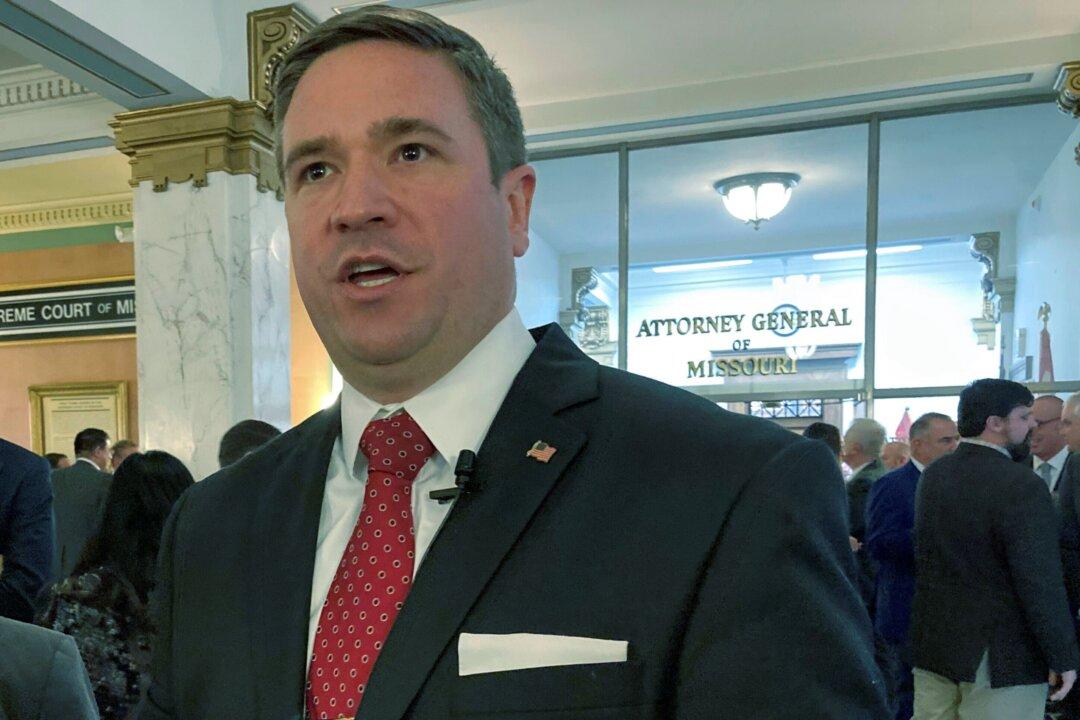Missouri Attorney General Andrew Bailey is preparing to argue in federal court on Aug. 10 that the Biden administration’s “vast censorship enterprise” that’s targeting American voices should be permanently halted.
Mr. Bailey, a Republican, is scheduled to appear before the U.S. Court of Appeals for the 5th Circuit this week to argue that a historic nationwide injunction that prevents federal agencies such as the Department of Justice (DOJ) and the FBI from colluding with big tech firms to censor posts on social media should be made permanent.






